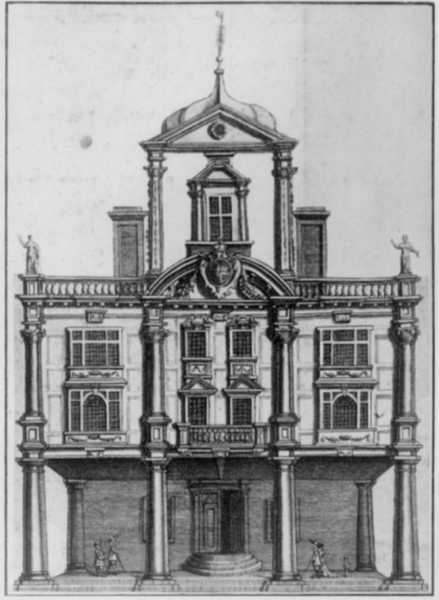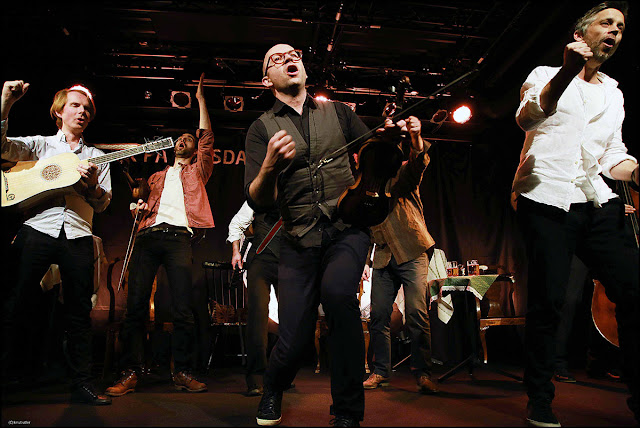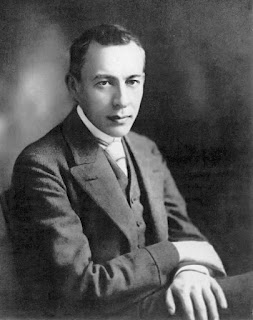 |
| Inner Temple Hall in its modern incarnation built in the 1950s |
Handel: Solomon; Tim Mead, Rowan Pierce, Hilary Cronin, Frances Gregory, Anna Dennis, James Way, Morgan Pearse, Gabrieli Consort & Players, Paul McCreesh; Temple Music Foundation at Inner Temple Hall
Reviewed 16 January 2025
One of Handel's finest oratorios in almost perfect circumstances, glorious choral singing, fine orchestral playing, superb dramatic pacing and seven soloists who drew you into the drama. Pure magic.
Written in 1749, Handel's Solomon is a lavish work, large in scale, using a double chorus and with the one of the largest orchestras Handel would write for (strings, flutes, oboes, bassoons, horns, trumpets, timpani), yet Susanna which premiered the same season uses relatively compact forces. Clearly, in Solomon Handel wished the conception to match his eulogy of Georgian England.
After having written a whole sequence of martial oratorios in the years after the 1745 rebellion, Handel turned to a greater variety of sources for his oratorios, Susanna and Solomon are both Biblical, but the one has elements of a lighter operatic style, whilst the other has that large scale grandeur. Then in 1750 he would turn to a sentimental novel for Theodora, which though religious in nature is not Biblical at all, before the final towering masterpiece of Jephtha with its story combining the Bible with Euripides and the daring use of a dramatic tenor as the hero.
For Solomon, Handel seemed to be looking back. There is the use of Da Capo arias, but also the casting of the title role. This was written for a female alto, Caterina Galli, as if Handel was looking back towards the castratos of his Italian opera. Countertenors in Handel's day rarely had the dramatic range needed for the role, though nowadays Solomon is rarely played by a woman. Having also sung Joachim in Susanna, Caterina Galli would create a sequence of remarkable roles for Handel including Irene in Theodora and Storgé in Jephtha. In Handel's performances of Solomon the three soprano roles, Solomon's Queen, First Harlot and Queen of Sheba, were sung by the same singer though modern practice tends to have them sung by different singers.
On Thursday 16 January 2025, Temple Music opened their 2025 season with one of their largest events yet, Handel's Solomon performed in Inner Temple Hall by Gabrieli Consort & Players, conductor Paul McCreesh, with Tim Mead as Solomon, Rowan Pierce as Solomon's Queen, Hilary Cronin and Frances Gregory as the Harlots and Anna Dennis as the Queen of Sheba, plus James Way as Zadok and Morgan Pearse as a Levite.
The concert took place in Inner Temple Hall, this is a traditional classical style building dating from the 1950s, and the third incarnation of the hall. The original 17th century hall was replace in the later 19th century by a Gothic one, this in turn was destroyed during the war and replaced by the present one.




.png)

















.jpg)

.jpeg)





.jpeg)